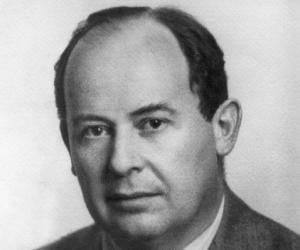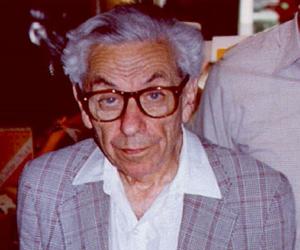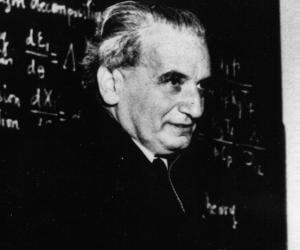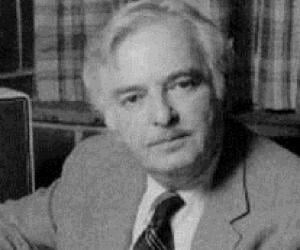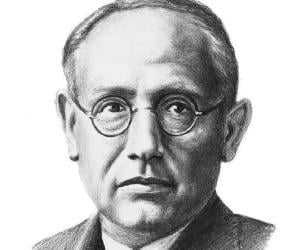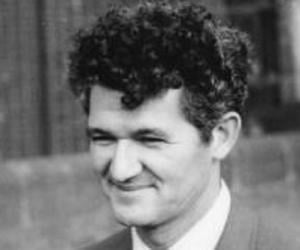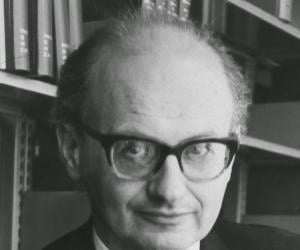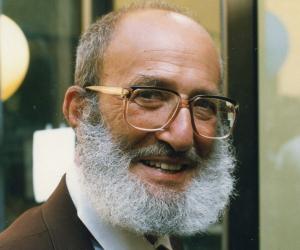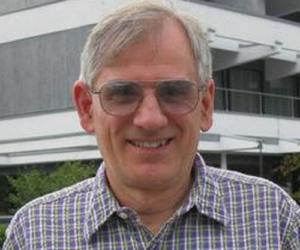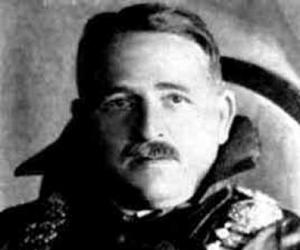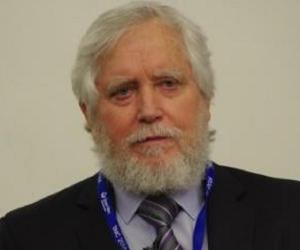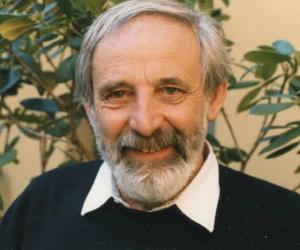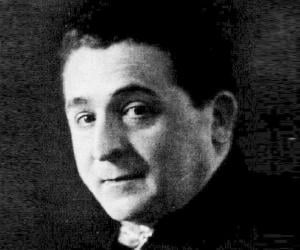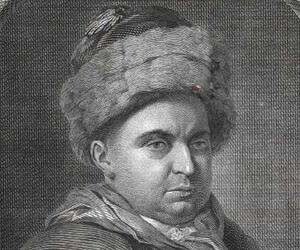1
John von Neumann
(Great Mathematician Who Was Equally at Home in Pure and Applied Mathematics)
Birthdate: December 28, 1903
Sun Sign: Capricorn
Birthplace: Budapest, Hungary
Died: February 8, 1957
John von Neumann was a prominent Hungarian and American mathematician, physicist, computer scientist, engineer, and polymath known for his wide-ranging contributions across various fields. He integrated pure and applied sciences, making significant advancements in mathematics, physics, economics, computing, and statistics. Von Neumann played a crucial role in the development of quantum physics, functional analysis, and game theory. During World War II, he worked on the Manhattan Project, contributing to the mathematical models behind implosion-type nuclear weapons. His expertise and influence extended to various defense-related committees and projects, establishing him as a foremost expert in nuclear weaponry and defense science.
